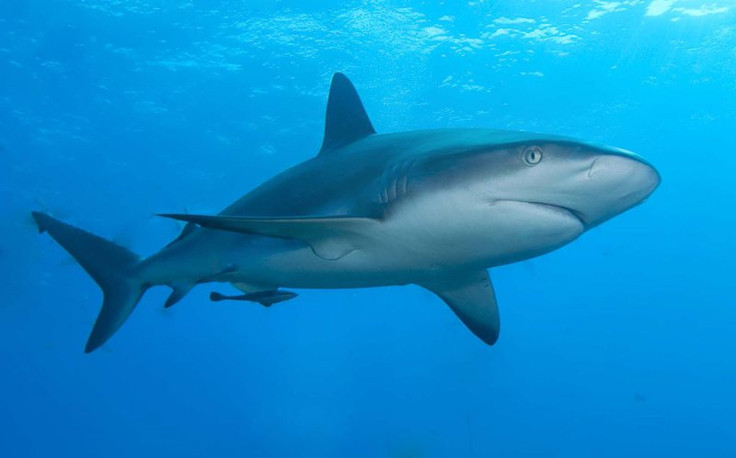Sharks Get Cancer Too: Study Documents Tumors In Ocean’s Largest Predators

Scientists have long known that sharks get cancer. In fact, according to NBC News, at least 23 species of sharks are known to grow tumors. But, according to some researchers, convincing everyone otherwise has proven problematic.
A team of in-the-know scientists in Australia recently documented sharks with tumors. One was a great white shark with a tumor on its mouth, and the other was a bronze whaler shark with a mass on its head.
"This was a very unusual sight, as we have never before seen a white shark with tumors," Rachel Robbins, a study co-author and shark biologist at the Fox Shark Research Foundation in southern Australia, told Live Science.
It’s not as if denying that sharks get cancer is an injustice on par with the cynics who still reject climate change, even though the world’s leading scientists beg to differ; but it’s apparently important enough that some scientists felt the need to draw attention to the matter. The reason is, in part, because sharks are often hunted and killed by those who believe their cartilage has anti-carcinogenic properties. Scientists want you to know that is simply not true.
"Sharks get cancer," David Shiffman, a shark researcher and doctoral student at the University of Miami who wasn’t involved in the study, told Live Science. "Even if they didn't get cancer, eating shark products won't cure cancer any more than me eating Michael Jordan would make me better at basketball."
Previous studies have shown that animals die from cancer at about the same rate that humans do. According to Live Science, roughly 10 percent of wildlife dies from cancer. For some species, like the Tasmanian devil, which suffers from a particular type of cancer known as devil facial tumor, the rates of cancer are bringing them to the brink of extinction.
Causes of cancer in nature are thought to include viruses and human pollution.
© Copyright IBTimes 2025. All rights reserved.






















